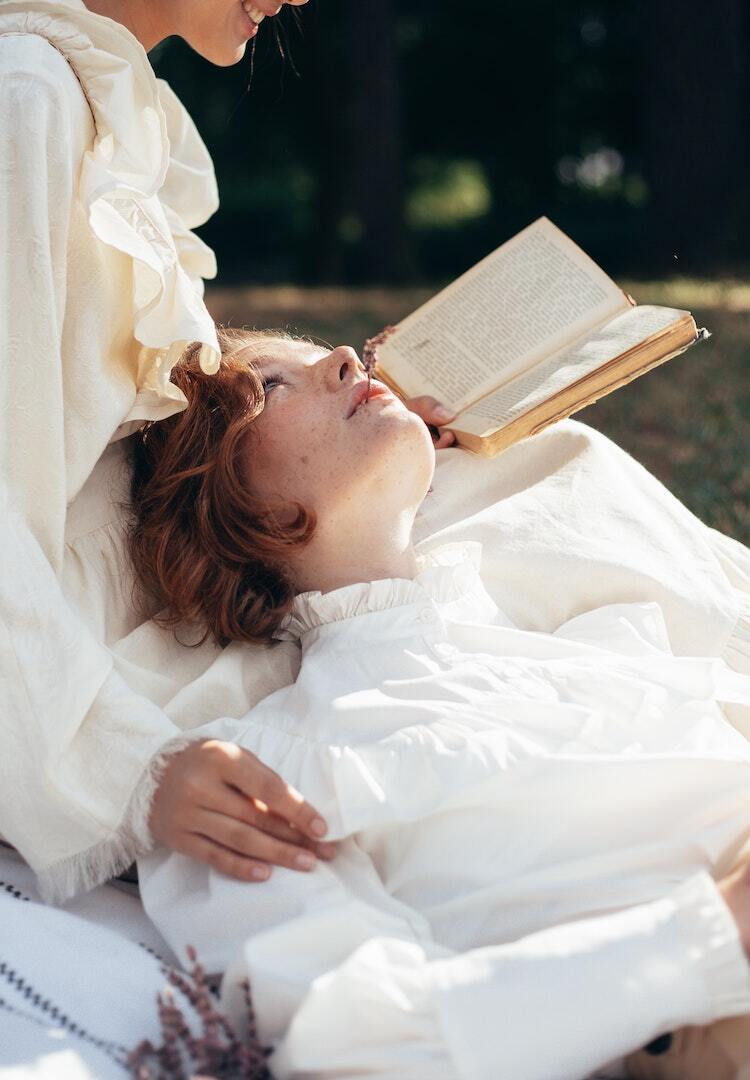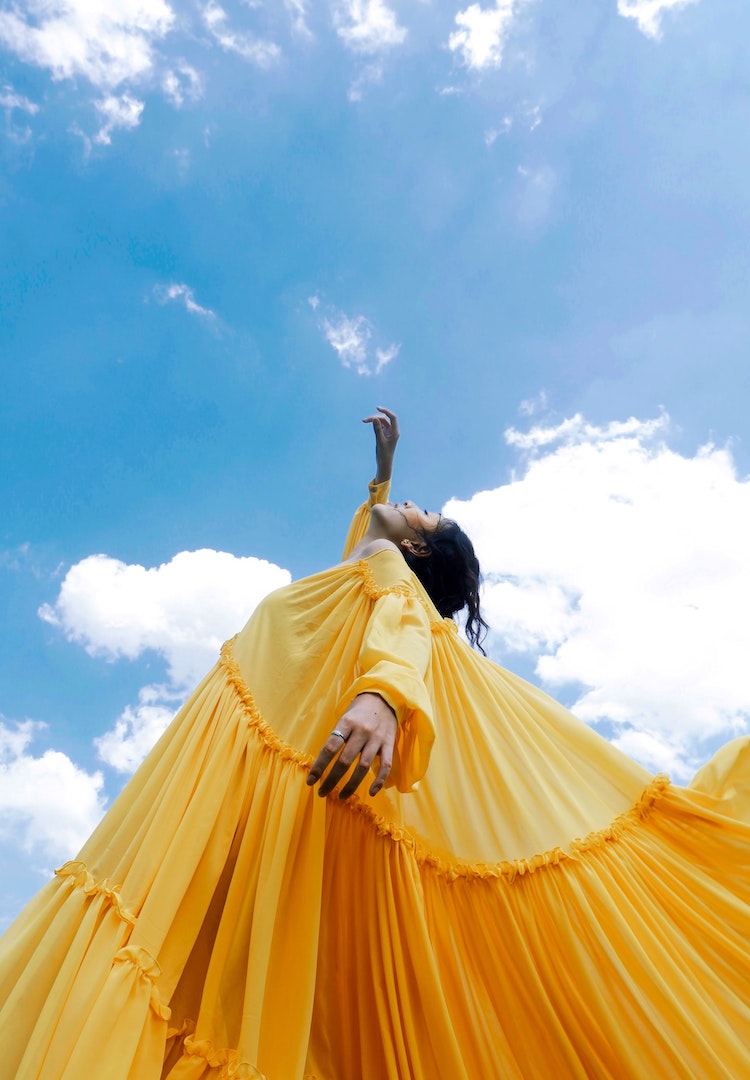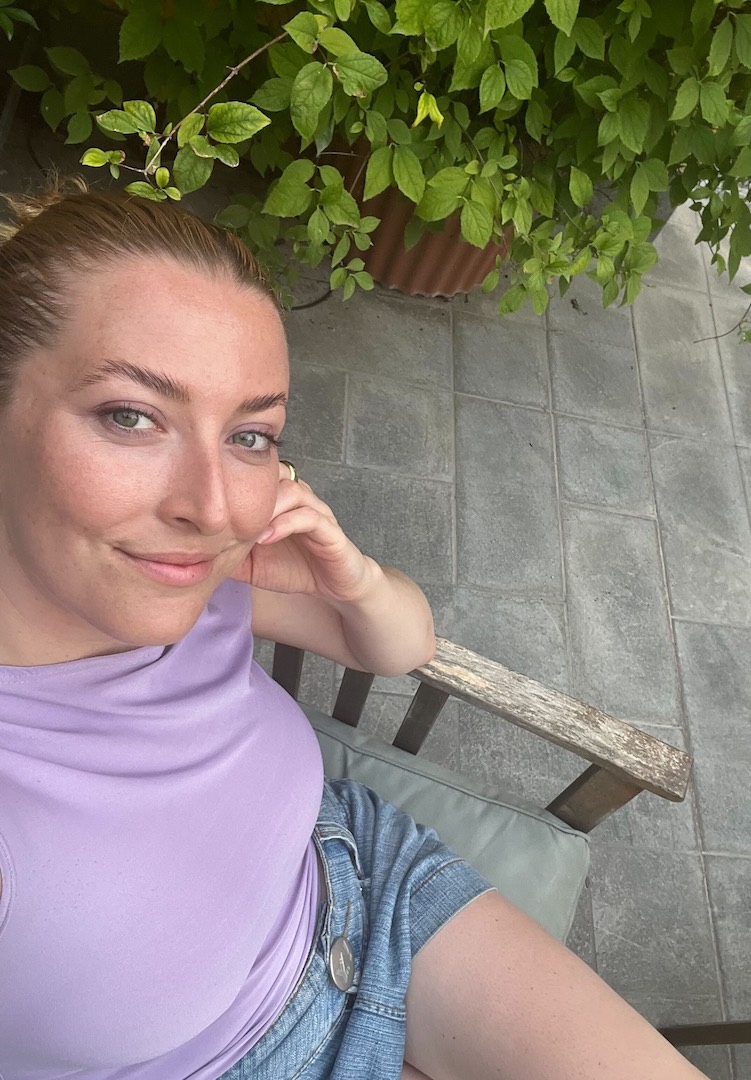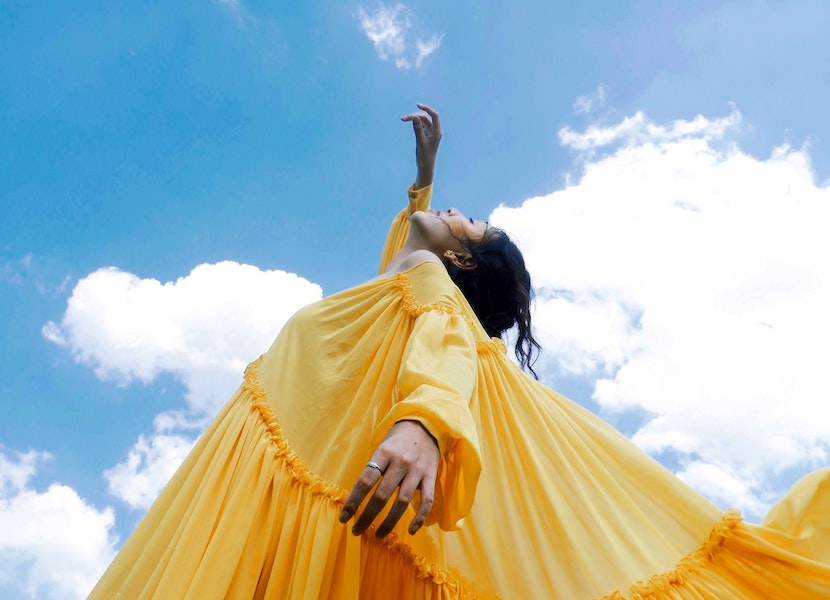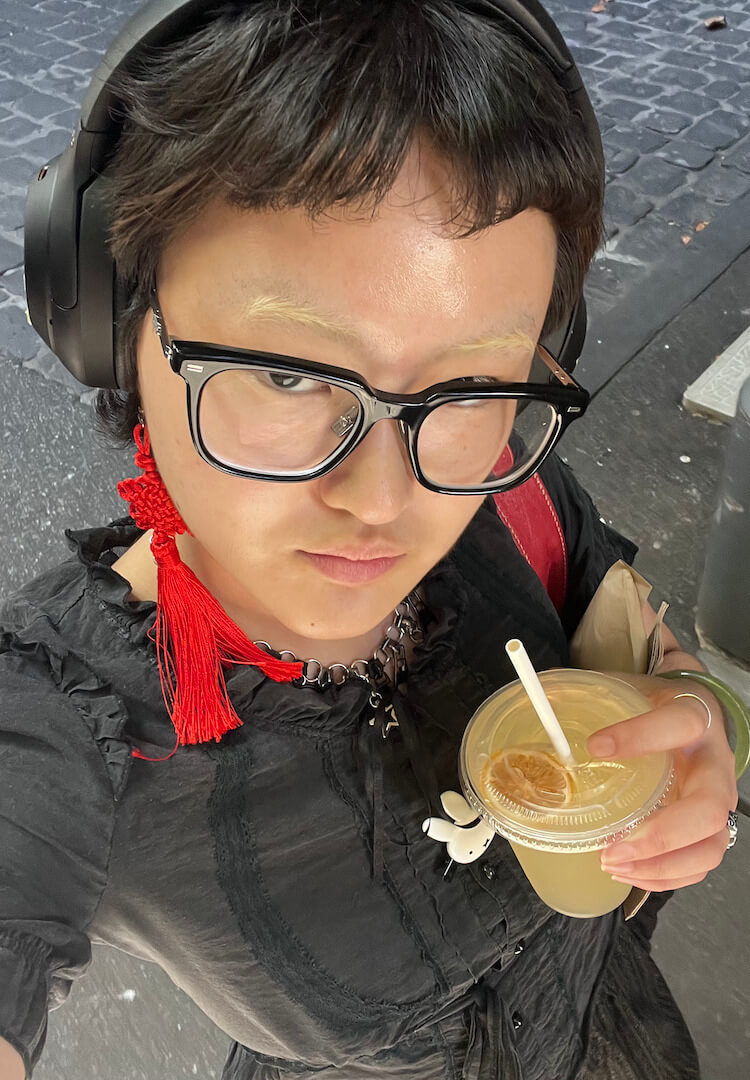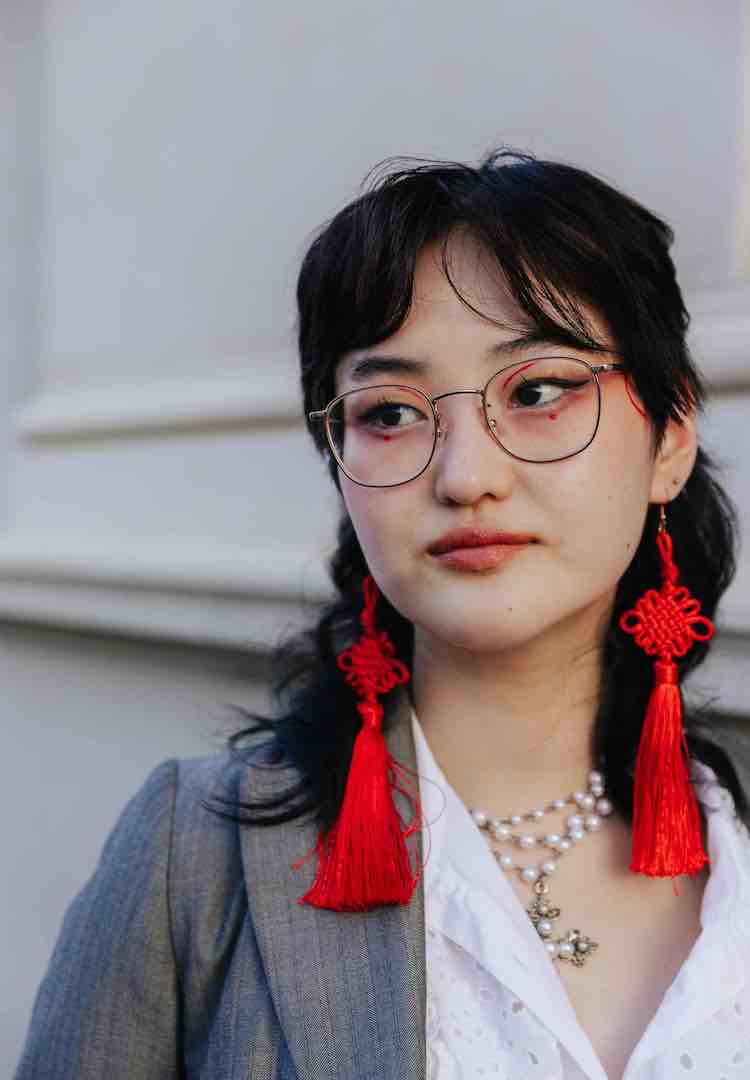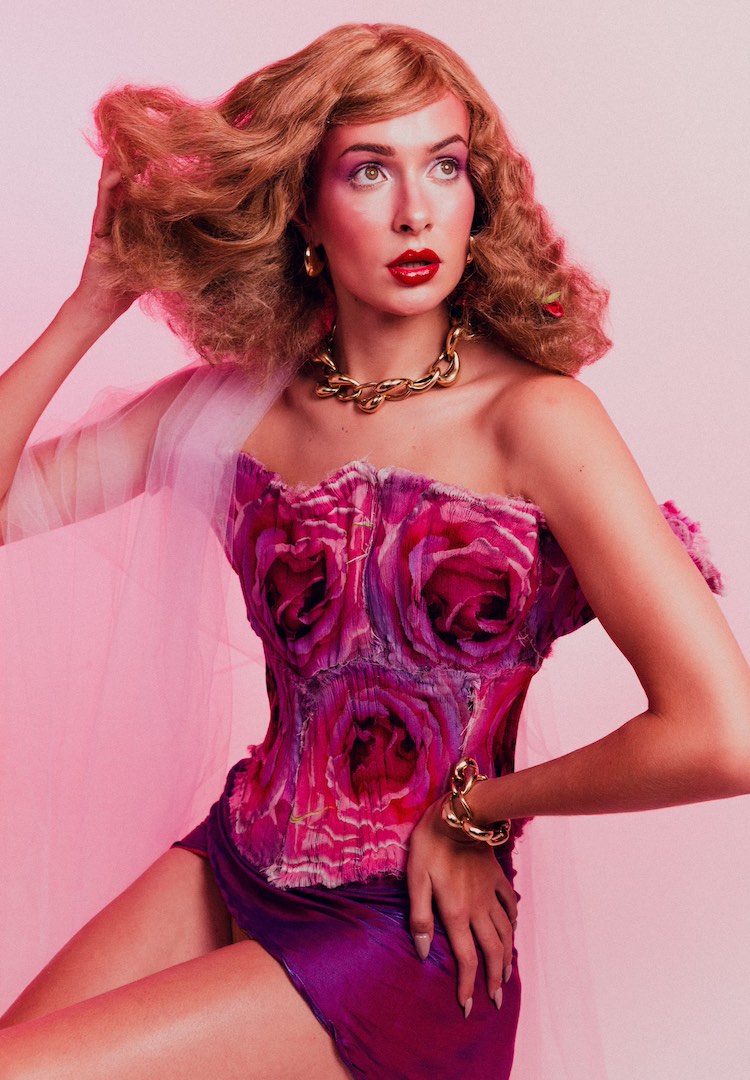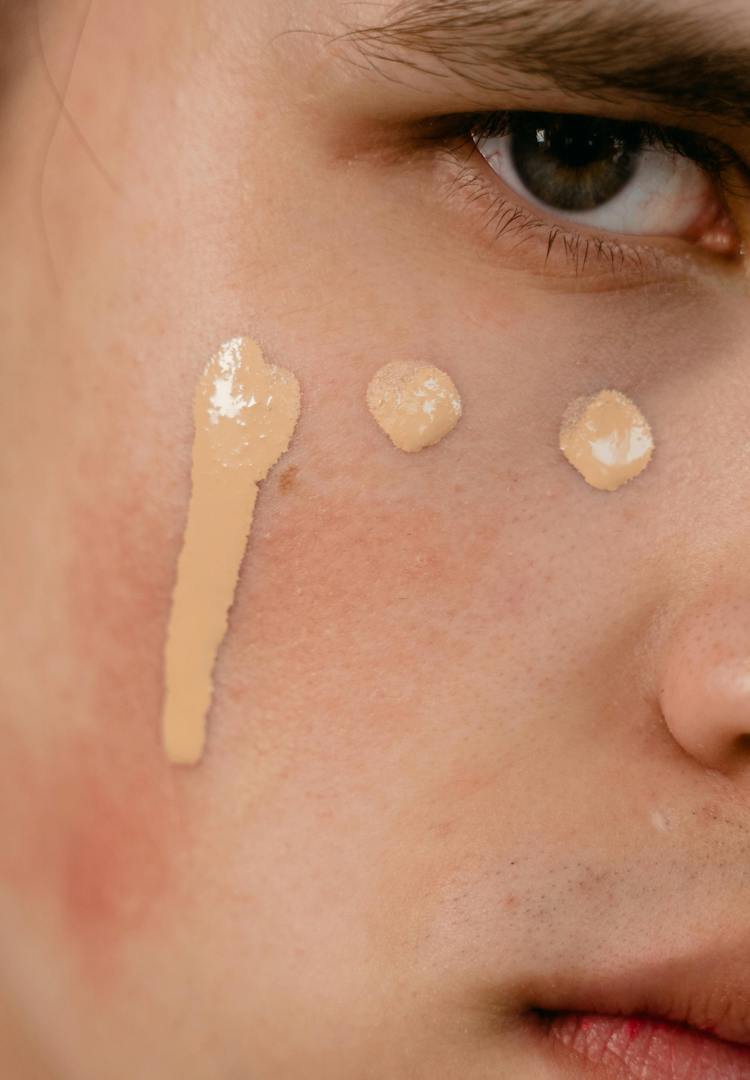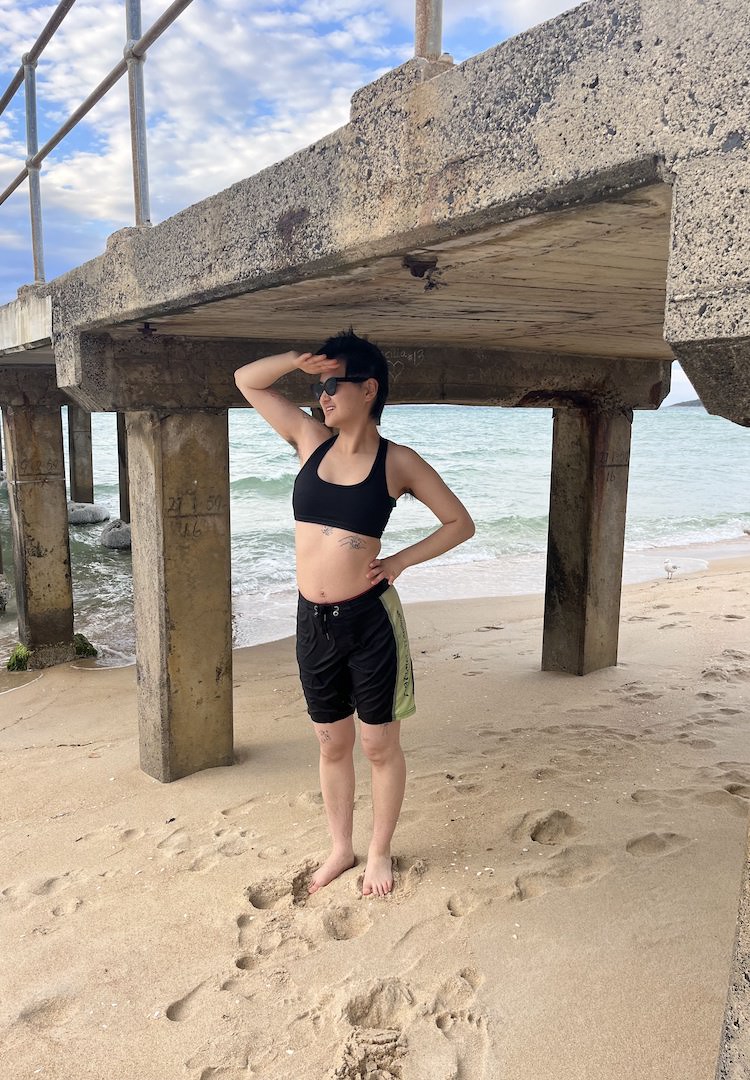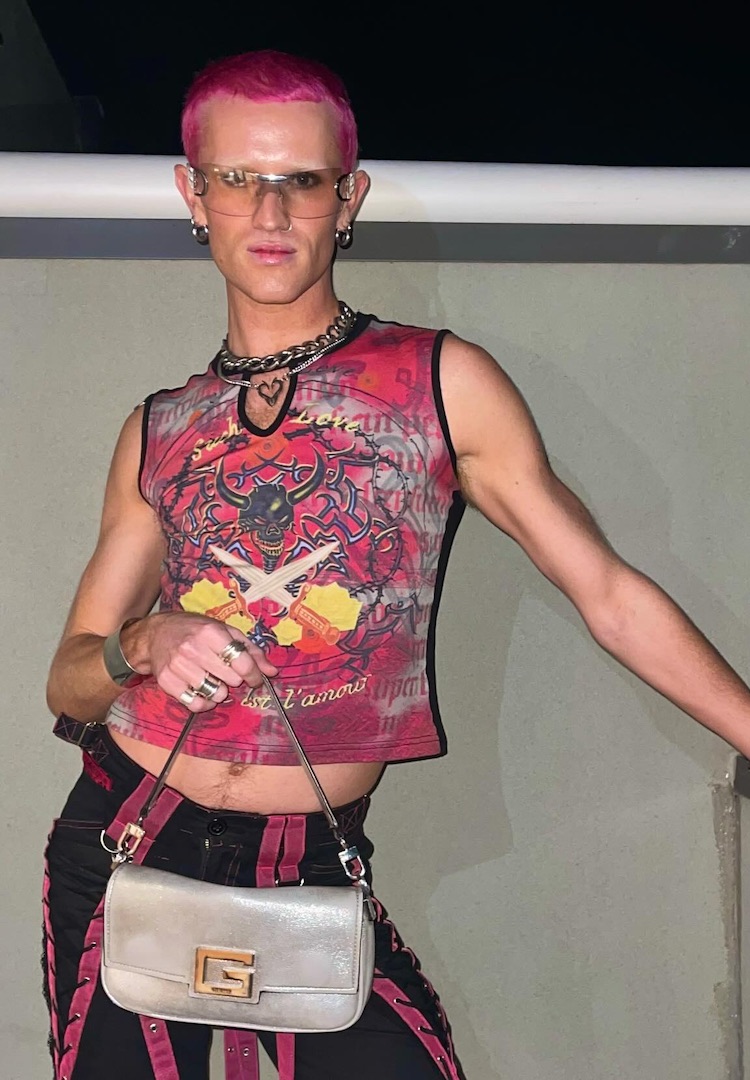My experience coming out as trans in a conservative Sri Lankan culture
WORDS BY Steffy
“Being trans in a conservative culture is hard, because the path I am trying to forge for myself is culturally unprecedented.”
It was 1979 when my mother and father married in Colombo, Sri Lanka. It was only a few years later that they embarked on the journey to Australia. It’s a story we often hear from immigrant families, arriving in Australia with one suitcase and an opportunity to make it in the lucky country.
And how lucky they were. Australia offered my parents, like many others, a chance to build something for themselves, to hope for something more – a place away from the impoverished streets of Colombo. They went on to have three children, all of us born in Melbourne. I was the baby.
For more content like this, browse through our Life section.
When I was born my mum’s best friend told her, “Now your family is complete”. Two girls and one boy – I was the boy they were hoping for. I love my Sri Lankan heritage but I can’t help but feel shamed by my own community because of the way I soon realised I needed to be in the world – as a trans woman.
Unfortunately for me, my parents did not have the adequate skills to navigate how to bring up a trans child in the ’90s. I don’t know if any parents did. Shame was the commonplace tool that was used to socialise us all into the gender binary.
My sisters and I got the memo very quick; be obedient children and blindly respect your elders because, in my culture, age is seen as a prerequisite for respect instead of merit.
The cultural script had to be followed because any divergence threatens the system. Grow up, be cisgender, be heterosexual, get married to your high school sweetheart who you probably never lived with prior, have kids and live happily ever after in the suburbs. Congratulations you have passed go, collect your $200.
While these milestones are a normal part of life and should be celebrated, I was yearning to see someone do it differently in my community. Someone who found the love of their life and had kids but after they knew who they really were, travelled the world, had their heart shatter into a million pieces and lived in a shitty inner-city apartment.
This person didn’t need to be trans for me to see myself in them, they just had to have a little soul in their story. In the movies, we see tales of self-discovery but it’s never a brown South-Asian girl. No, she has to be on the straight and narrow. She can’t afford to make mistakes because all her uncle and aunties will let her know about it, but behind her back.
The earliest memory of my own internalised transphobia was when I was in kindergarten and a relative who was babysitting me called me a ‘sissy’ and locked me in a room for the entire day until I was collected by my parents. I was only five, but even at that age, I knew I had to hide my authenticity.
I remember relatives making homophobic remarks about people who presented as gay on television, and all these compounded violations socialised me away from myself. While I can’t justify their actions, I understand their prejudicial views have been shaped by anti-LGBTQ+ legislation that has plagued Sri Lanka and forced many gay and transgender people into hiding.
The thing was, I was expected to hide too. When you imagine someone physically contorting themselves, what you picture is something extremely painful. In order to survive, I had to ensure I was pliable – that I could camouflage myself and follow societal and cultural scripts.
However, the contortion that I was under was also internal, and the only way to stop the internal bleeding was when I decided that I wasn’t going to alter myself for the world anymore. The issue is when trans people start living their lives authentically, we wear the burden of trying to keep people comfortable.
We are at the whim of other people’s responses to our legitimacy and this makes the coming out process extremely traumatic. Something I found interesting in my Sri Lankan community was males rode for free because manhood is uninteresting to the world if you are straight and cisgender.
I can say this because I was riding for free under the disguise of being a cis, heteronormative male. Being the youngest, I saw my two older sisters run the gauntlet. Their road to womanhood was scrutinised by people we trusted and who should have known better.
I remember the slut shaming they faced by community elders when they started to show interest in boys (which is a completely normal thing to do as a teenager) and I knew the time would come when my womanhood would be disenfranchised.
As I was transitioning without my family’s knowledge, I was secretly photographed while out by family friends in my Sri Lankan community. It wasn’t long before the gossip of the moment finally made its way to my family. The ambush was devastating and I felt like my community was trying to destroy me, because they nearly did.
What I know for sure is that belonging to our outer world is nowhere near as important as belonging to our internal selves. I can cherry-pick what parts of my culture I want to keep in my life and the ones I will orphan forever. Being trans in a conservative culture is hard, because the path I am trying to forge for myself is culturally unprecedented and the uncertainty is daunting.
Right now, I’m knee-deep in the shrubbery with a broken compass. But there is so much joy being out here in the wilderness, I am guessing this is where the magic is. Maybe the person I needed to see is finally the person I am becoming to be.
If you need support related to gender identity, head here.

